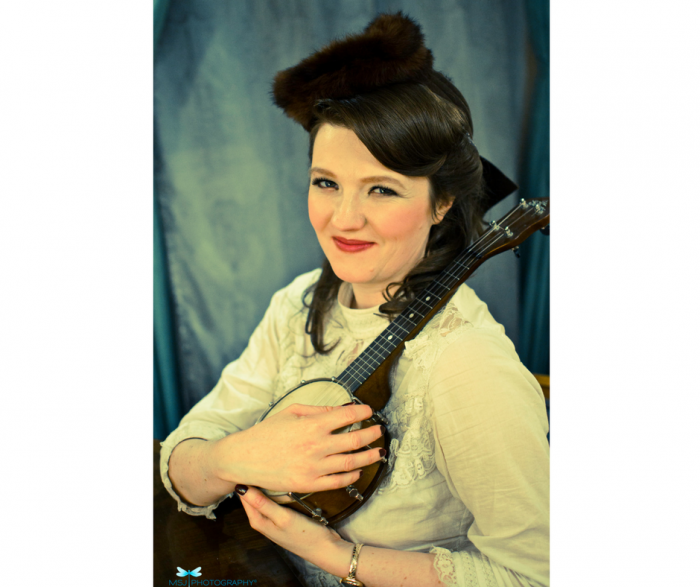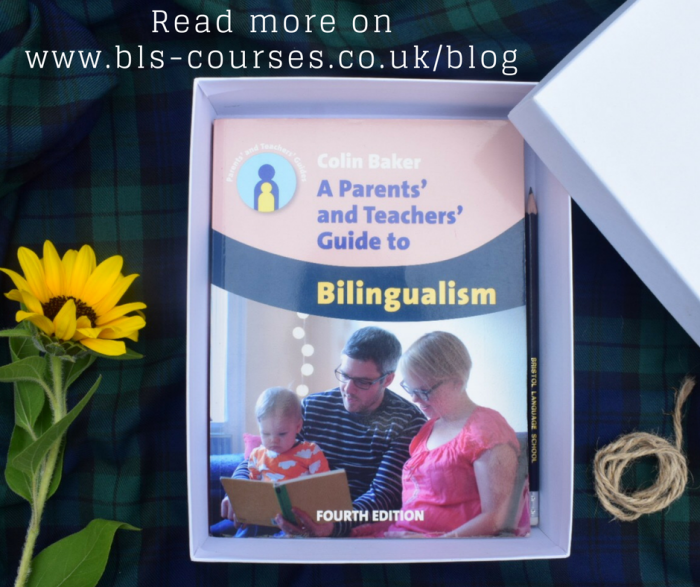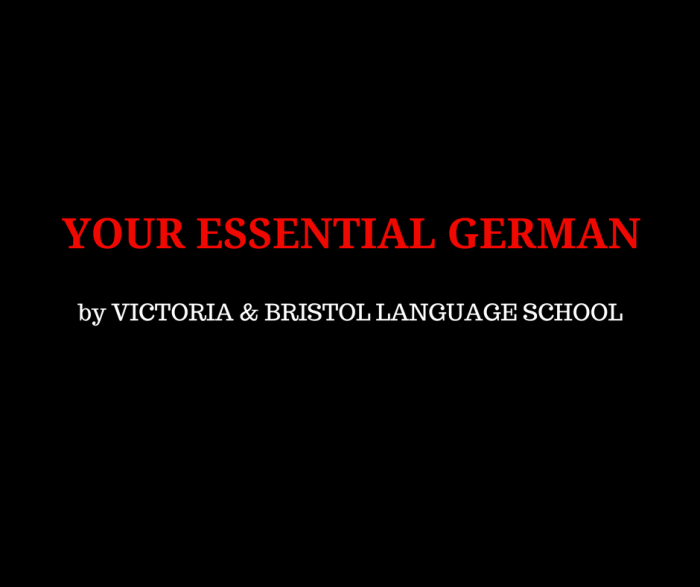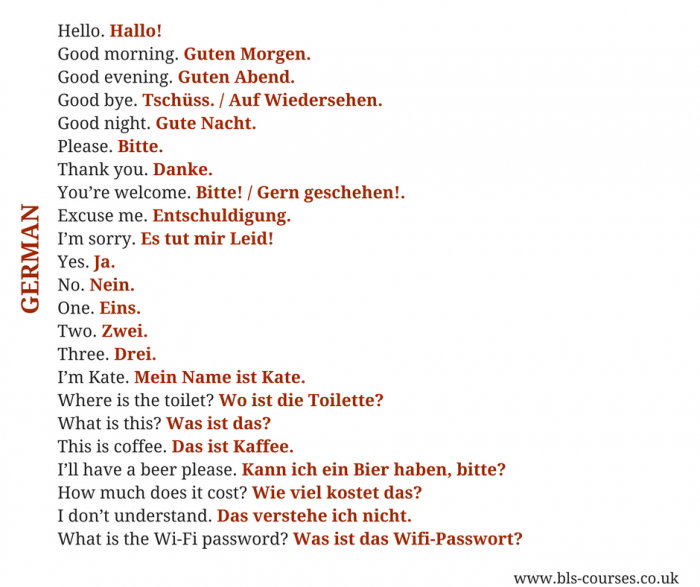Reading is a key skill to develop when you are learning a new language. Reading in another language makes us comfortable with the words and grammar used in that language. Seeing words written down helps us remember them. You can improve your reading and understanding skills – and your writing and speaking skills if you emulate what you read – by reading regularly in your new language. There are also ways to make your reading more effective. We will explore a few of these in this blog post.

Quality or Quantity?
If you read for pleasure and you read often, this is known as ‘extensive reading’. You read a lot and want to enjoy the story. Usually people read for pleasure in their mother tongue, and this reading is radically different from the reading exercises found in foreign language textbooks. In a textbook, you read short texts, often extracts from a longer text, and you study them in depth to try and understand every word. This is ‘intensive reading’. Both extensive and intensive reading are useful and help you address different areas of language learning. But reading newspapers, novels, magazine articles, recipes – anything you can get your hands on – helps you familiarise yourself with the natural way of writing in that language and will improve your fluency in the language. This is different from what you get in a textbook.
Don’t panic!
In our mother tongue, we use “micro-skills” to help us read, such as skim reading to get the gist of a passage, scanning through a long document to find specific information, reading quickly if it is for enjoyment or reading every word slowly and carefully when reading an important document. Studies show that we abandon most of these reading skills we have developed in our mother tongue when reading in a foreign language, and focus on trying to understand every word. This means that when we come across unknown words, we get frustrated because we don’t understand.
Instead, we should use the same skills we have gained in our first language – and not be afraid of not understanding every word. There are times when you don’t know a word in a text you are reading in your mother tongue, but you don’t let it spoil your enjoyment of the text as a whole – you just move on. If it is important to the general understanding of the text, you might look it up, or you might try to work out the meaning from the context. These same skills can be used when reading in a new language. The important skill is reading the text as a whole and not stopping to focus on something difficult unless it is absolutely necessary – because you can only get an understanding of text as a whole when you have read the whole thing! You will also want to read more and learn more if you enjoy reading as an activity – otherwise you won’t want to do it. Not understanding a word now does not mean you will never understand it, so just accept that you do not know it now and move on.
Working it out
There are ways to work out the meaning of a word you are stuck on, or you can look it up later. Here are a few different ways of dealing with a word you don’t know:
- See if the word looks in any way familiar. It may be a cognate with a word in your language and so you can work out the meaning.
- Read the sentence several times. Using the context of the sentence and the wider context of the story, try to guess the meaning of the word.
- Make a note of the word and check its meaning later.
- Sometimes, you might find a verb that you recognise but not know the meaning of the specific conjugation (e.g. hablar, hablarán, hablase in Spanish). If you can still understand the gist of the sentence, it is ok to carry on reading and look the conjugation up later.
- Sometimes, there will be words that keep coming up. If they are essential to your understanding then it is ok to look them up, but if you do this very frequently it will interrupt the flow of your reading.
(Source: http://www.iwillteachyoualanguage.com/reading-in-a-foreign-language/)
Stick to what you know
If you are learning to read in another language, it can be helpful to read things that you are already familiar with in your own language. You can read children’s books or novels you have read before and know the story of. If you are interested in reading news articles, there are some websites that have the same article in several language versions (such as Café Babel) – so you can read your native language version first and then read the same thing in your new language. This means you can work out things you don’t immediately recognise in the new language because you already know what the article is about. This will help you develop your understanding and improve your vocabulary.
Resources
There are many websites that list newspapers in other languages, specially selected for learners of that language. You can find these by searching. You can also find some foreign language newspapers in your local library. Finding novels and short stories online might be more difficult, but you can borrow these from most libraries or buy them from bookshops or online booksellers.
Happy reading! Bonne lecture! Buona lettura! Veel leesplezier! Qué disfrutéis de la lectura! Miłej lektury! Wir wünschen Ihnen eine gute Lektüre!
Written by Suzannah Young





